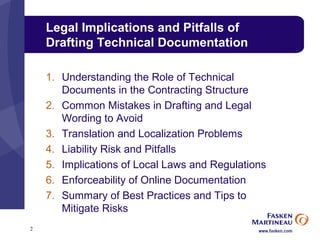
Understanding the Landscape of Trial Tactics
Prosecutors play a critical role in the criminal justice system, employing various trial tactics to present a compelling case. From witness examination to evidence presentation, strategic implementation is key to achieving favorable outcomes.
Crafting a Solid Case: The Foundation of Trial Tactics
Before stepping into the courtroom, prosecutors must meticulously craft a solid case. This involves gathering evidence, interviewing witnesses, and collaborating with law enforcement. A well-prepared case provides a strong foundation for effective trial tactics.
Mastering Witness Examination Techniques
Effective examination of witnesses is a cornerstone of successful trial tactics. Prosecutors must skillfully question witnesses to elicit crucial information while undermining the defense’s case. Techniques such as direct examination and cross-examination require precision and strategic planning.
Strategic Use of Evidence: A Prosecutor’s Arsenal
The presentation of evidence is a critical aspect of trial tactics. Prosecutors must carefully select and strategically introduce evidence to support their case. Whether it’s documents, forensic evidence, or expert testimony, a thoughtful approach enhances the persuasiveness of the prosecution’s narrative.
Navigating Legal Procedures: Procedural Tactics
Prosecutors must be well-versed in legal procedures and leverage them strategically during trials. From filing motions to objecting to the admission of evidence, understanding procedural tactics can significantly impact the course of a trial.
Building a Persuasive Narrative: The Art of Storytelling
A compelling narrative is a powerful trial tactic. Prosecutors should construct a persuasive story that weaves together evidence, witness testimonies, and legal arguments. A coherent and convincing narrative enhances the prosecution’s ability to sway the judge and jury.
Addressing Defense Strategies: Anticipating and Countering
Prosecutors must anticipate and counter defense strategies. This requires a thorough understanding of common defense tactics and the ability to adapt in real-time during a trial. Being proactive in addressing potential challenges strengthens the prosecution’s position.
Effective Communication: Connecting with the Jury
Trial tactics extend beyond legal strategies; effective communication is paramount. Prosecutors must connect with the jury on a personal level, making complex legal concepts understandable and relatable. Building rapport enhances the likelihood of a favorable verdict.
Leveraging Technology: Modern Tools for Prosecutors
In today’s digital age, prosecutors can benefit from leveraging technology in trial tactics. Presentation tools, digital evidence analysis, and multimedia elements can enhance the impact of the prosecution’s case. Staying abreast of technological advancements is a strategic advantage.
Continuous Improvement: Evolving Trial Tactics
The legal landscape is dynamic, requiring prosecutors to continuously evolve their trial tactics. Learning from experiences, staying informed about legal developments, and seeking professional development opportunities contribute to a prosecutor’s ongoing effectiveness.
Prosecutor Trial Tactics Implementation Strategies Tips
For more in-depth insights and practical tips on prosecutor trial tactics, visit Prosecutor Trial Tactics Implementation Strategies Tips. This resource provides valuable guidance for prosecutors looking to enhance their trial skills and achieve success in the courtroom.








